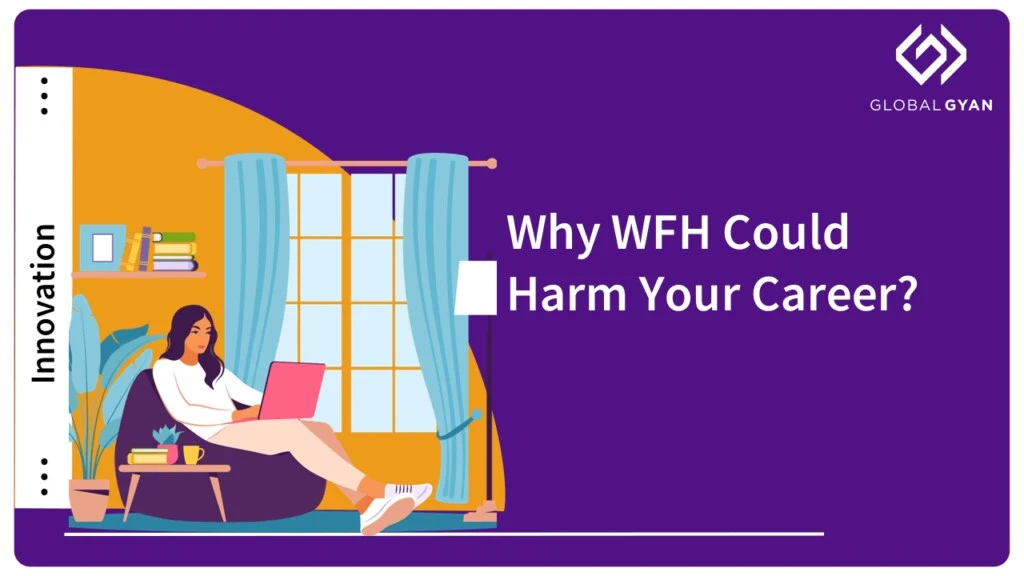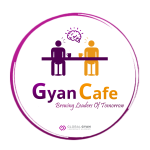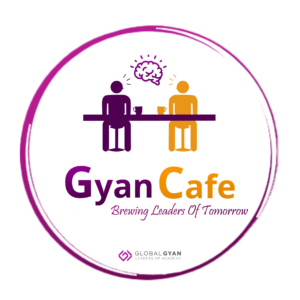Why WFH Could Harm Your Career

All around us in the corporate world, I can see heated debates about the future of work. In particular, there are polarising discussions about the idea of work from office vs. work from home (or anywhere else). Reports suggest that a majority of employees do not wish to go back to office even as companies are gingerly testing models of hybrid work. Many employees have threatened to quit their jobs if forced to attend office in-person. And why not? The inconvenience of commuting to work is clearly avoidable. The luxury of living in your hometown or better still, in an exotic beach house, while working is alluring. The comfort of working in pyjamas during WFH is unbeatable.
Now, the CEO of IBM has joined several other leaders who have warned that careers could suffer or promotions missed with Work From Home.It is for the professional who doesn’t want to return to the earlier work model that I am writing this article. Even when we were in the middle of the first lockdown, and WFH was the only option available, I wrote that this would not be a permanent solution.
The two features of WFH are also its “flaws” in the sense that they create a competitive threat to the incumbents.
1. Task Orientation of WFH
The first is Task-orientation of work.
The success of WFH was best experienced when employees could be given specific tasks to achieve and left to themselves to work on them. The focus shifted to deliverables.
When work becomes a series of tasks, the employee is threatened by the Gig worker. If a piece of work can be defined well in terms of scope and deliverables, it is not only cheaper but also effective to get it done by a freelancer who is hungry to prove herself. Why would the employer want to be stuck with captive talent when there is a whole market available to be explored?
2. Remoteness of Work
An additional feature of task orientation is the redundancy of physical presence. You are not required to be in the office to get the tasks done; you can collaborate virtually with your colleagues and others. However, the associated threat is that if you can do your work sitting at home, it is also likely that any capable person, sitting anywhere else in the world can also perform the same task.
The competition to many roles was earlier restricted by geography – those who were living in, or willing to relocate to a particular location. Now, the field is open. If remote working is the norm, then employers can choose to hire from a much wider pool than ever before.
Building Differentiation
Narrowing a job to the task level is akin to defining a product by just its features. Eventually, it will be a race to the bottom of price competition. Protecting your uniqueness requires the rethinking of work in the same way that marketers fight commoditisation. Three ideas are worth noting here:
Segmentation
When product categories face severe price competition, one way to escape the crowd is to finely segment the market, and position yourself as a better fit for a few target segments. In a similar way, can you sharply redefine your role to create uniqueness for your capabilities? This might also mean looking for underserved / niche fields of work, and building your brand + skills as a specialist. Write three keywords or hashtags to describe yourself as a professional. How common (or not) is that combination?
Innovation
In mature product categories where the core offering is undistinguishable across brands, leaders seek to stand out through innovation at the edge. Different packaging or delivery systems or new colours… think of an oval shaped soap which is considered premium. Therefore, what do you have to offer beyond your functional expertise? What are your ‘edge’ capabilities? Can you contribute to the company’s cricket team or the band? Or are you a master presenter who can wow analysts at a seminar? If all you can do is your ‘work’, remember there might be many out there who can do it better/cheaper.
Emotional Benefits
Tangible features have the risk of being duplicated by challengers, often at a lower cost. Differentiators emphasize the intangible benefits of their offerings, using emotions as one of the drivers. Similarly, employees must ask themselves if they are building emotional connect with their teams, peers and supervisors. Career progress requires alignment with the organisation’s culture and values, an engagement beyond just the deliverables. You cannot grow your way up to leadership positions purely on the performance of your tasks.
This is not to say that every employee must aspire to be a leader; your professional goals may be simpler or more modest that of others. However, if you do not wish to be left behind in the career rush, then you must design your work participation differently. Remote work or WFH may not work for you. Whether it is innovation or emotions, they require a level of engagement that goes beyond the tasks or goals of your job. They require serendipitous encounters, not planned team calls.
The future of work will surely not be fully work from office, but I do not see it fully work from home either. Organisations will have to design hybrid environments that create a balance; equally, employees will need to appreciate that convenience could be accompanied by commoditisation.
(updated version of a previous post that I wrote on LinkedIn)

